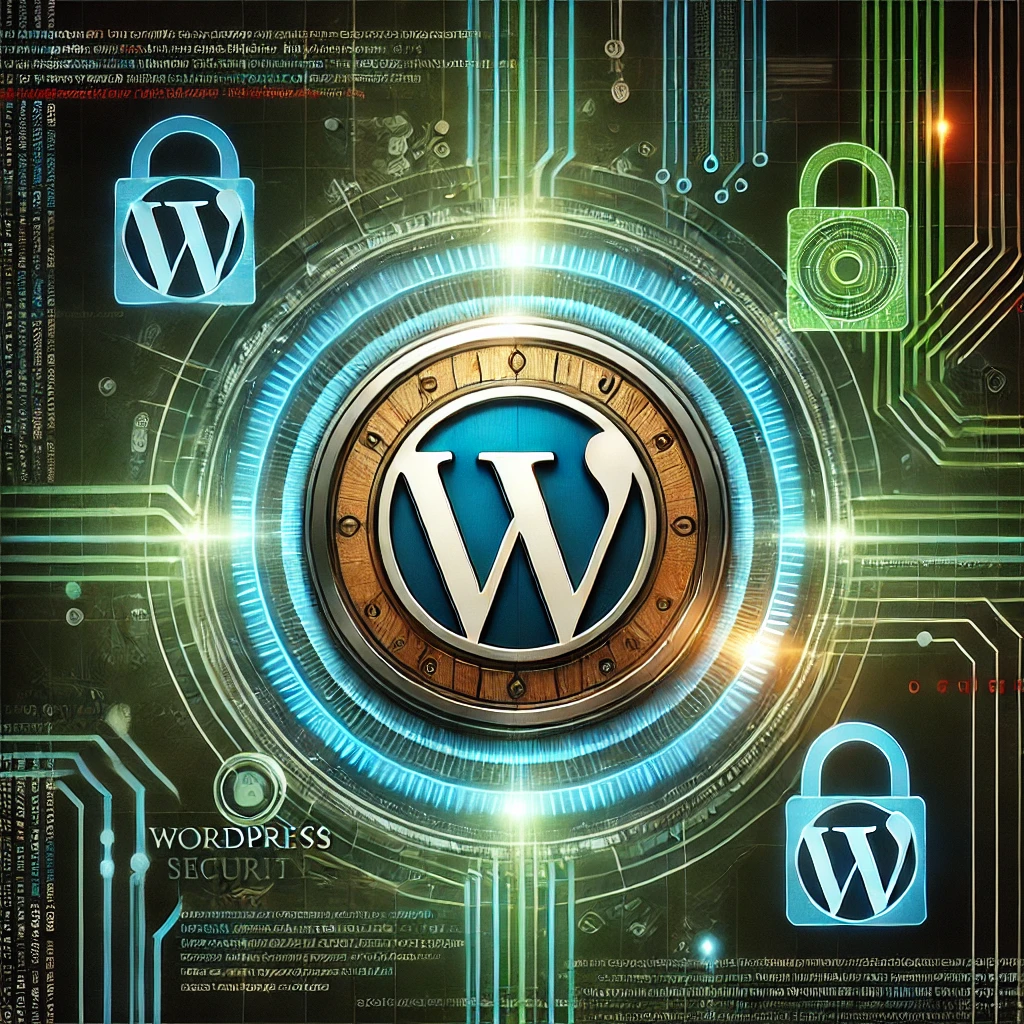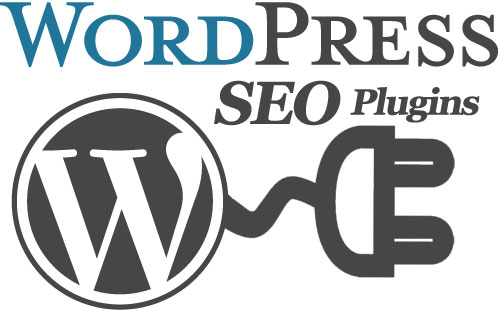WordPress Security: A Complete Guide to Protect Your Site in 2024
WordPress powers over 43% of all websites, making it the most popular Content Management System (CMS) in the world. However, this popularity comes with risks. Hackers target WordPress sites more frequently due to their widespread use, making security a critical concern for every website owner.
In this guide, we’ll dive deep into actionable WordPress security tips, essential plugins, reliable backup tools, and why hosting with BlueAngelHost is the best way to secure your site.

Table of Contents
Why WordPress Security Matters
Understanding the Threat Landscape
WordPress sites face an array of threats, including:
- Malware Infections: Hackers use malware to steal data, hijack resources, or distribute spam.
- Brute-Force Attacks: Automated scripts guess login credentials to gain unauthorized access.
- SQL Injections: These attacks exploit vulnerabilities in your database to access sensitive information.
- Phishing Schemes: Fake login forms or email links designed to steal user credentials.
Consequences of a Security Breach
A compromised website can lead to devastating consequences, such as:
- Loss of customer trust and brand reputation.
- Downtime, resulting in lost revenue.
- Legal penalties if user data is exposed.
- Google blacklisting, which can hurt your SEO rankings.
Securing your WordPress site is essential to avoid these risks and maintain a positive user experience.
Fundamental WordPress Security Practices
1. Keep WordPress Core, Themes, and Plugins Updated
Updates often include patches for newly discovered vulnerabilities. Failing to update your WordPress installation, themes, or plugins can leave your site open to attacks.
How to Ensure Regular Updates:
- Enable automatic updates for the WordPress core.
- Use a plugin like Easy Updates Manager to control and schedule updates for themes and plugins.
- Regularly audit unused plugins and themes, and delete anything you no longer use.
2. Use Secure Hosting
Your hosting provider plays a crucial role in WordPress security. Choose a provider like BlueAngelHost, which offers:
- DDoS Protection: Mitigates distributed denial-of-service attacks.
- Malware Scanning: Automatically detects and removes threats.
- Encrypted Server Environments: Safeguards your data from unauthorized access.
Top WordPress Security Plugins
WordPress Security plugins provide an extra layer of protection, offering tools like firewalls, malware scanning, and login monitoring. Here are the top choices:
1. Wordfence Security
A widely used plugin offering:
- Real-time threat defense.
- Firewall protection.
- Login attempt limits to prevent brute-force attacks.
2. Sucuri Security
Sucuri is a full-featured plugin that includes:
- Website monitoring for threats and vulnerabilities.
- Malware cleanup services.
- Advanced security audits.
3. iThemes Security
This plugin is beginner-friendly yet powerful, featuring:
- Two-factor authentication (2FA).
- Scheduled malware scans.
- Lockouts for IPs showing suspicious activity.
4. All In One WP Security & Firewall
This plugin is ideal for those looking for simplicity with robust features, such as:
- User account monitoring.
- Database security.
- Comprehensive firewall rules.
Implementing SSL Certificates
Why SSL is Essential
SSL (Secure Sockets Layer) encrypts
the data exchanged between your site and its visitors, ensuring sensitive information like passwords and payment details are safe.
Benefits of SSL:
- Enables HTTPS, which is a ranking signal for Google.
- Increases user trust by showing the padlock icon in browsers.
- Protects against data interception during transmission.
How to Set Up SSL with BlueAngelHost
BlueAngelHost simplifies SSL implementation:
- Log into your hosting dashboard.
- Navigate to the SSL/TLS section.
- Install the free SSL certificate provided with your hosting plan or purchase a premium one for advanced features.
Best Backup Plugins for WordPress
Backups are your safety net against data loss, allowing you to restore your site quickly in case of an attack or accidental error.
1. UpdraftPlus
The most popular backup plugin, offering:
- Automated backups to cloud storage services like Google Drive, Dropbox, and Amazon S3.
- Easy site restoration with just a few clicks.
- Options for full or incremental backups.
2. VaultPress (by Jetpack)
VaultPress provides real-time backups and additional security features:
- One-click site restoration.
- Malware detection and spam protection.
- Cloud storage for backups.
3. BackupBuddy
BackupBuddy is known for its reliability and flexibility:
- Scheduled, automatic backups.
- Database-only or full-site backup options.
- Migration tools for moving your site to a new server.
4. Duplicator
While primarily a migration tool, Duplicator also handles backups:
- Create site snapshots for cloning or restoring.
- Easily move sites between domains or hosts.
- Manual and automated backup options.
Protecting Against Malware
Use a Web Application Firewall (WAF)
A WAF blocks malicious traffic before it reaches your site. Recommended WAFs include:
- Sucuri Firewall: Offers comprehensive protection against malware, SQL injections, and brute-force attacks.
- Cloudflare: Includes a free WAF with DDoS protection and caching capabilities.
Regular Malware Scans
Schedule regular scans using plugins like:
- MalCare: Provides one-click malware removal and advanced scanning.
- iThemes Security: Scans your site for vulnerabilities and generates detailed reports.
Login and Access Management
1. Strong Passwords and Two-Factor Authentication (2FA)
Ensure all user accounts have strong passwords. Add an extra layer of security by enabling 2FA using plugins like:
- Google Authenticator
- Authy Two-Factor Authentication
2. Limit Login Attempts
Prevent brute-force attacks by restricting the number of failed login attempts. Use plugins such as:
- Limit Login Attempts Reloaded
- Loginizer
Securing WordPress Files
1. Protect wp-config.php
Your wp-config.php file contains critical site information. Add the following to your .htaccess file to restrict access:
<Files wp-config.php>
order allow,deny
deny from all
</Files>2. File Permissions
Set correct file permissions to prevent unauthorized access:
- Directories: 755
- Files: 644
Content Delivery Networks (CDNs) for Security
How CDNs Enhance Security
CDNs like Cloudflare and KeyCDN improve website performance while protecting against:
- DDoS attacks.
- Malicious bots.
- Cross-site scripting (XSS).
BlueAngelHost CDN Options
BlueAngelHost offers seamless integration with CDNs, ensuring your site remains fast and secure.
SEO Benefits of a Secure WordPress Site
A secure site not only protects your data but also boosts your SEO:
- Better Rankings: Google favors secure websites (HTTPS is a ranking factor).
- Improved User Trust: Visitors feel more confident on a secure site, increasing engagement.
- Reduced Bounce Rates: A fast, secure site ensures visitors stay longer.
FAQs on WordPress Security
What’s the best way to secure a WordPress site?
Use a combination of secure hosting, security plugins, and strong login credentials.
Which is the best WordPress Security Plugin?
Wordfence and Sucuri are top-rated for comprehensive protection.
Do I need backups if my hosting provider offers them?
Yes, having independent backups with plugins like UpdraftPlus adds an extra layer of safety.
How often should I scan my site for malware?
Weekly scans are recommended, with daily scans for high-traffic or e-commerce sites.
Can I secure WordPress for free?
Yes, many free WordPress Security plugins like Wordfence and All In One WP Security offer excellent protection.
Why does HTTPS improve SEO?
HTTPS signals to Google that your site is secure, leading to better rankings.
Conclusion
WordPress Security is non-negotiable in 2024. By implementing strong security practices, using reliable plugins, and hosting with a provider like BlueAngelHost, you can significantly reduce your risks. Take action today to protect your site, your users, and your business.






